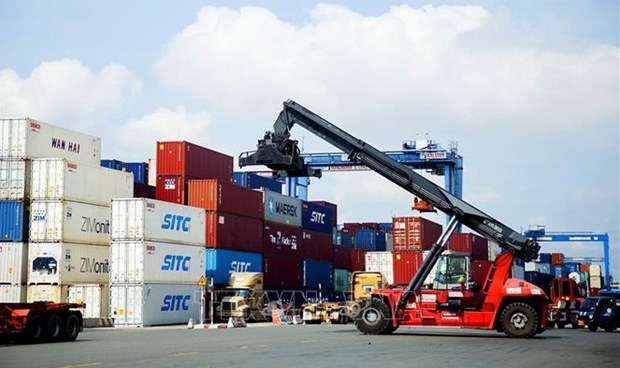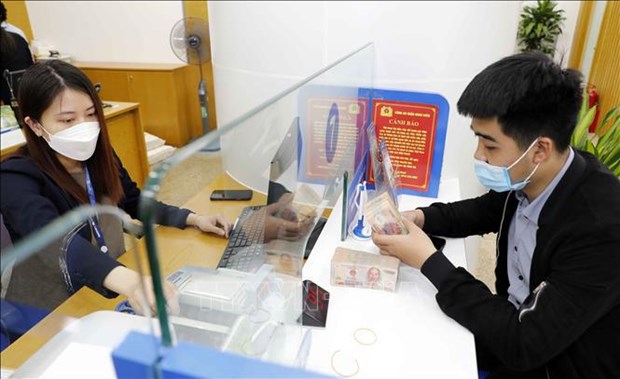Vietnam’s exports affected by many factors: WB
Two drivers of Vietnam's economic growth – exports and domestic demand – are moderating, according to a report released by the World Bank (WB) on December 14.
Two drivers of Vietnam's economic growth – exports and domestic demand – are moderating, according to a report released by the World Bank (WB) on December 14.
The bank’s December report, Vietnam Macro Monitoring, shows that softer external demand has weighed on Vietnam’s exports. Consumer rebound in the post-COVID period seems to recover slowly and tighter domestic financial conditions and rising inflation could affect domestic demand in the future.
Due to weaker external demand, the growth of industrial production in November declined by 5.3% year-on-year, the lowest rate since February 2022. The manufacturing Purchase Manager Index (PMI) also slipped below the 50 benchmark for the first time since October last year.
Retail sales decreased to 17.5% in November from 20.7% in the previous month.
Merchandise exports contracted by 8.4% year-on-year due to weakening external demand and high base effects associated with the rebound in the four quarters of 2021. While total foreign direct investment (FDI) commitment dropped by 1.9% year-on-year, FDI disbursement maintained a robust growth of 4.4% compared with the same period last year.
Consumer Price Index (CPI) inflation reached 4.4% year-on-year in November, up 0.1% compared to a month earlier, with food and housing being two major contributors. Core inflation increased from 4.5% in October to 4.8% in November.
Credit growth fell from 16.5% in October to 15% in November, as domestic financial conditions tightened after the State Bank of Vietnam (SBV) raised key interest rates in September and October. Average overnight interbank interest rate remained high at 5.7% in November.
The SBV announced a 1.5-2% increase of the credit growth cap in early December. The Vietnamese currency, the dong, gained slightly in value in November although its appreciation is one of the smallest compared to major currencies and those of its neighbours.
As of the end of November, the national budget registered a 12.1 billion USD surplus, equivalent to about 3% of GDP.
The WB recommended that Vietnamese monetary authorities consider allowing further flexibility in the exchange rate to absorb changes in the external environment as global financing conditions are expected to remain tight and external demand is weakening.
Fiscal and monetary policy coordination will be critical to ensure price stability in the context of accelerating domestic core inflation, it said, adding that a more prudent and prioritised expenditure strategy is needed to ensure investments in human capital and resilient and green infrastructure to help bolster economic potential and resilience./.










